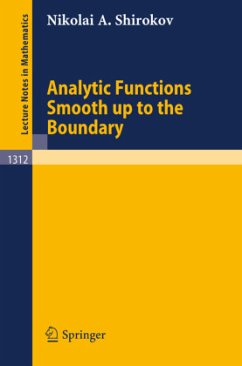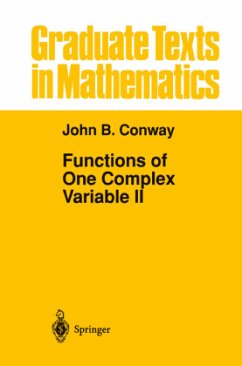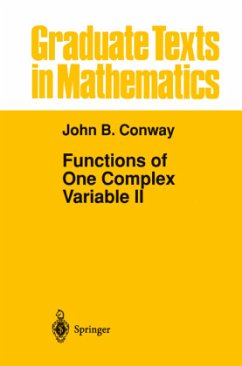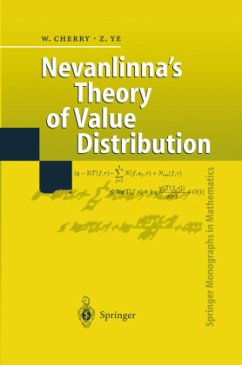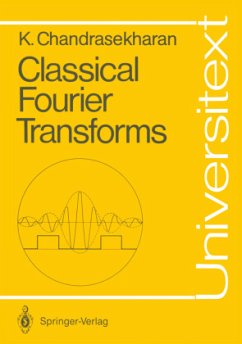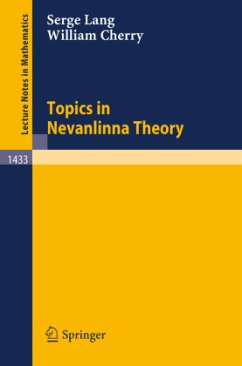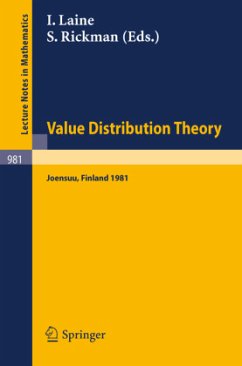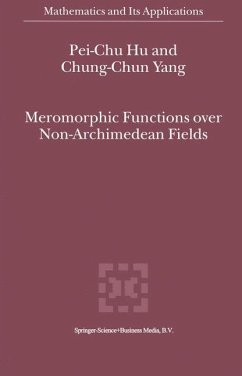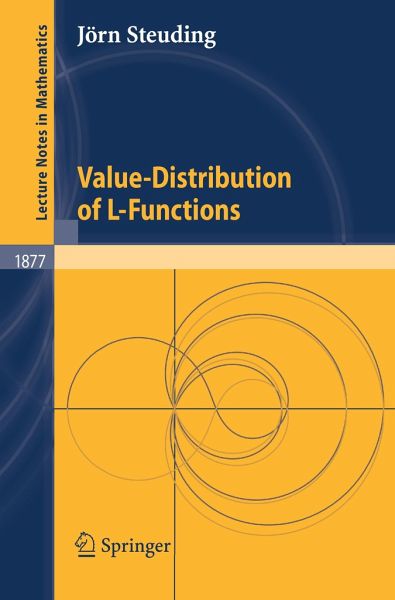
Value-Distribution of L-Functions

PAYBACK Punkte
25 °P sammeln!
These notes present recent results in the value-distribution theory of L-functions with emphasis on the phenomenon of universality. Universality has a strong impact on the zero-distribution: Riemann¿s hypothesis is true only if the Riemann zeta-function can approximate itself uniformly. The text proves universality for polynomial Euler products. The authors¿ approach follows mainly Bagchi's probabilistic method. Discussion touches on related topics: almost periodicity, density estimates, Nevanlinna theory, and functional independence.





